Our People
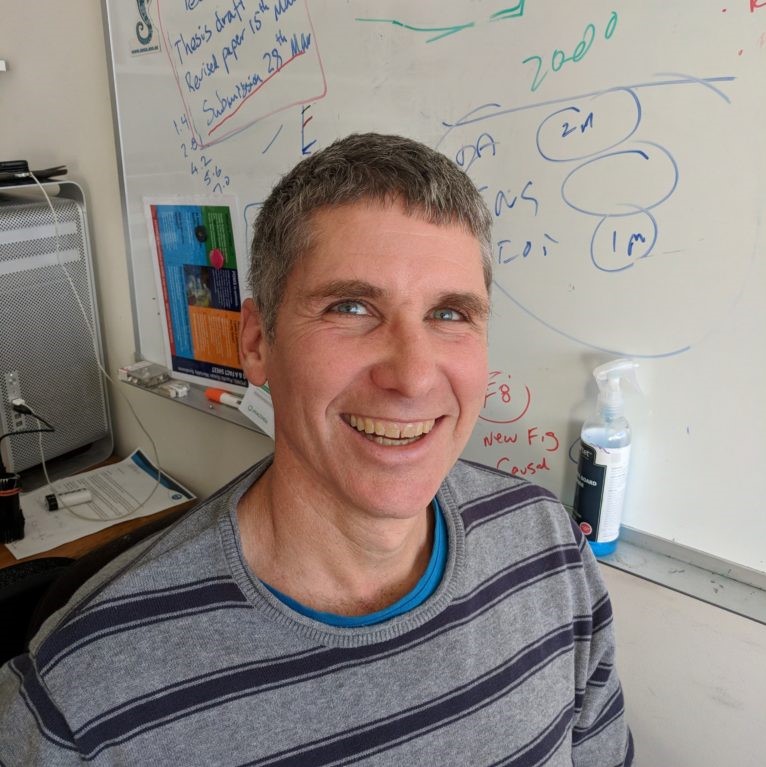
Dr Richard Matear
- Dr Richard Matear is a Chief Research Scientist and Leader of the Climate Intelligence Portfolio in the Climate Science Centre at CSIRO Oceans and Atmosphere, Hobart. He graduated from the University of British Columbia, Canada in 1993 and moved to Australia in 1996 to lead the ocean carbon modelling effort at CSIRO. Richard’s research interests involve exploring the role the oceans play in the global climate and carbon systems. His research exploits models and observations to understand the mechanisms driving climate variability and determining how the oceans will respond to climate change. He is currently investigating the predictability of the climate system and trying to demonstrate the utility of climate forecasts at the multi-year timescale. Richard is enthusiastic about climate and ocean science and actively mentors PhD students and Post Docs.
- Primary Emailrichard.matear@csiro.au
- Phone 1+61 3 6232 5243
Activity Leaders

Terry O'Kane
- Terry O’Kane is currently principal research scientist in the Climate Science Centre at CSIRO Oceans and Atmosphere, Hobart. He is the leader of the Climate Forecasting team and leads the data assimilation and modelling activity of the CSIRO decadal prediction project. In addition Terry is project leader of the National Environmental Science Program Earth System Climate Change Hub project “Towards an ACCESS Decadal Prediction System”. Terry is a member of the committee for the World Climate Research Program Grand Challenge for Climate Forecasting. Previously he was ensemble prediction scientist at the Bureau of Meteorology where he implemented the Australian Global and Regional Ensemble Prediction System adapted from the UK Met Office MOGREPS system. He has also published extensively on the statistical mechanics and dynamics of geophysical flows, for which he was awarded the 2013 JH Michell Medal, of the Australian Mathematical Society (Applied Mathematics) http://www.anziam.org.au/The+2013+JH+Michell+Medal, and his recent work has focussed on the methods and application of nonstationary time series analysis to climate data. Terry has also published extensively on coherent disturbances in atmospheric and oceanic flows.
- Primary Emailterence.o'kane@csiro.au
- Phone 1+61 3 6232 5066
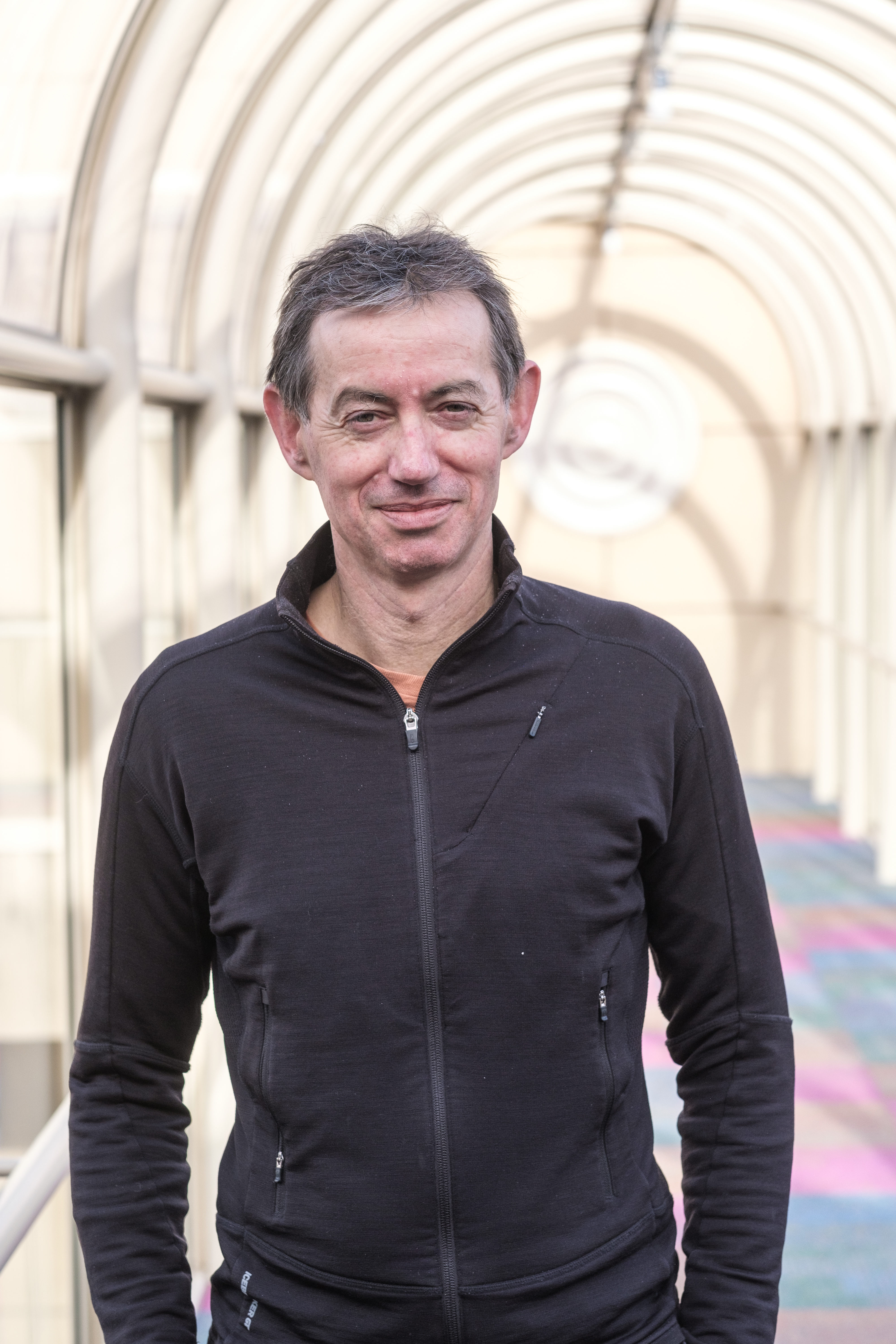
James Risbey
- James Risbey works on climate processes, diagnostics, verification, and applications in the CSIRO decadal climate forecast project. He is based in Hobart.Risbey received his Ph.D. in climatology from the Massachusetts Institute of Technology. Risbey worked as research faculty in the Department of Engineering and Public Policy at Carnegie Mellon University and at Monash University in the School of Mathematical Sciences. He is currently a senior research scientist at CSIRO Oceans & Atmosphere. His research focuses on the development and use of climate information for societal applications. The forecast team is developing seasonal to multiyear climate forecasts for better adaptation to extremes such as drought in climate sensitive industries. This work includes collaborations with water and agriculture sectors, including CSIRO’s Digiscape Future Science Platform (https://research.csiro.au/digiscape/).
- Primary EmailJames.Risbey@csiro.au
- Phone 1+61 3 6232 5086
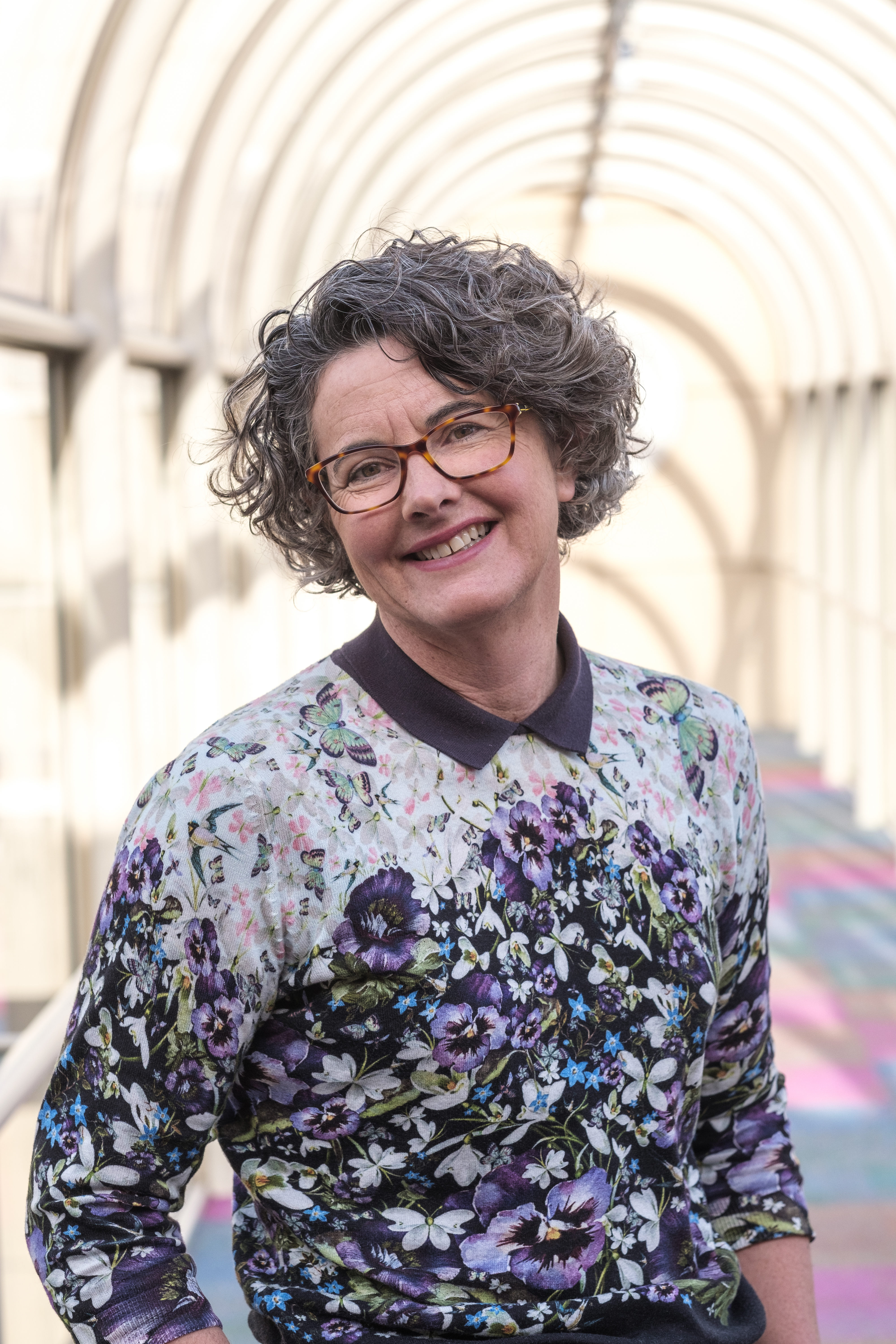
Bernadette Sloyan
- Dr Bernadette Sloyan is a Chief Research Scientist with CSIRO’s Oceans and Atmosphere. She is a national and international leader in documenting and understanding the role of ocean circulation in the global climate system. Her work has elucidated the importance of ocean key processes; mixing and air-sea interactions, in the Southern, Pacific and Indian Oceans; the role of the ocean in moderating the rate and nature of climate variability and change. Bernadette is leading CSIRO’s ocean observation efforts in major national – Integrated Marine Observing System (IMOS) – and the international – Global Ocean Ship-based Hydrographic Investigations Program (GO-SHIP) – programs. Her membership of numerous national panels and appointment as Co-Chair of GO-SHIP and Ocean Observations Panel for Climate (OOPC) is recognition of her national and international leadership in ocean climate research.
- Primary Emailbernadette.sloyan@csiro.au
- Phone 1+61 3 6232 5152
Project Staff
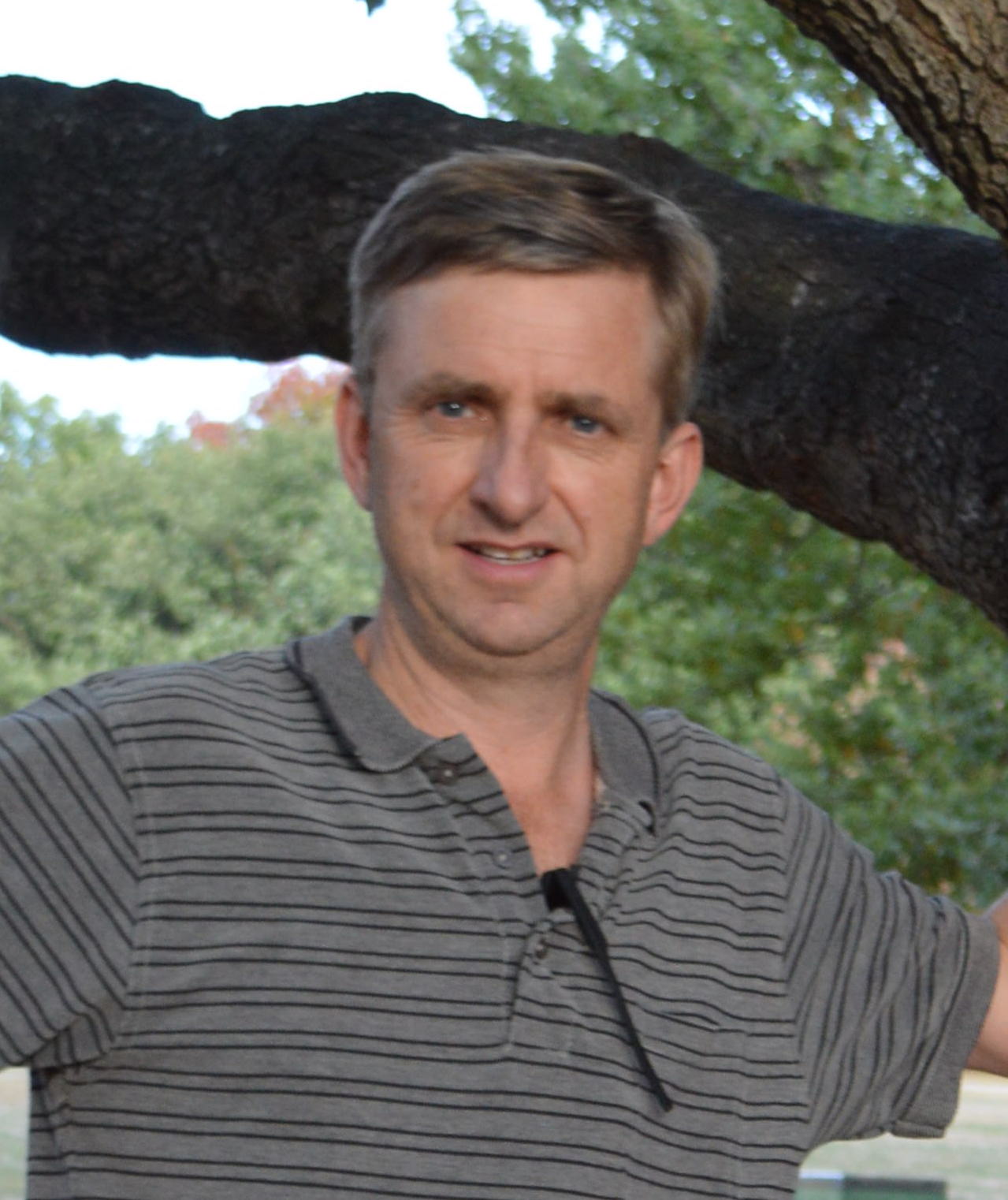
Mark Collier
- Mark has been working on a range of diverse climate and weather projects at CSIRO for a quarter of a century. In the decadal team he brings his expertise in computer driven systems for generating and publishing consistent and accurately defined large datasets primarily from model based systems developed by CSIRO and its partners. He has experience working on (development and verification_ previous and current modelling systems developed in Australia including CSIRO Mk3, ACCESS and the under development CAFE multi-ensemble inter-decadal forecasting system.
- Primary Emailmark.collier@csiro.au
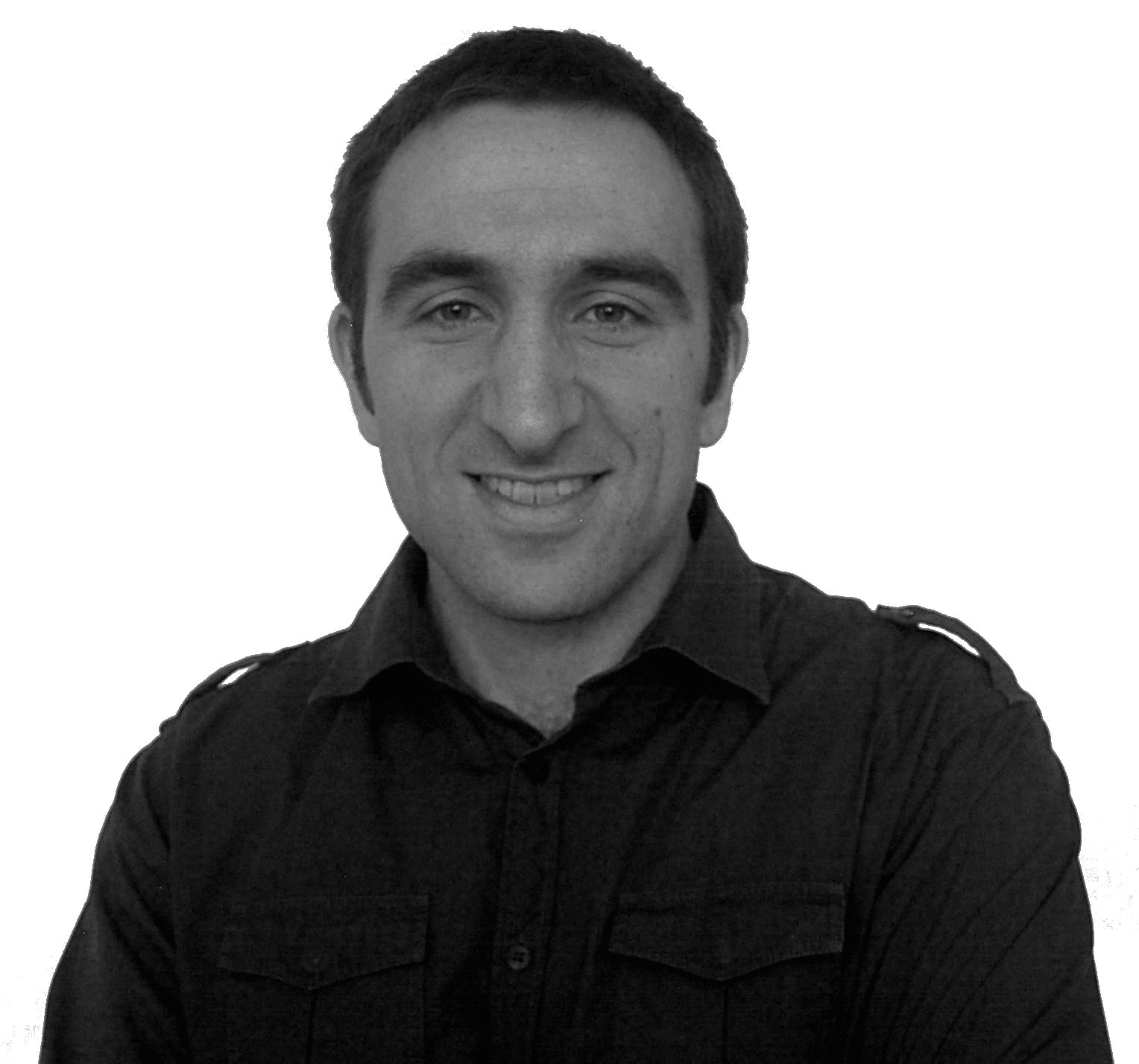
Vassili Kitsios
- Vassili Kitsios is a computational programmer in the Climate Science Centre at CSIRO Oceans and Atmosphere (O&A), Hobart. He is currently working on the development of the CAFE data assimilation system. Prior to joining the decadal prediction team Vassili undertook post-doctoral research with the CSIRO O&A and then the Monash University Laboratory for Turbulence Research in Aerospace and Combustion, on the numerical simulation and parameterisation of atmospheric, oceanic and boundary layer processes. His PhD was with the University of Melbourne and the Université de Poitiers on model reduction for fluid dynamical data assimilation and control. He has also held industrial positions in applied computational fluid dynamics and data science. His research interests include: geophysical and canonical fluid dynamics; stochastic subgrid turbulence parameterisation; model reduction; and data assimilation.
- Primary Emailvassili.kitsios@csiro.au
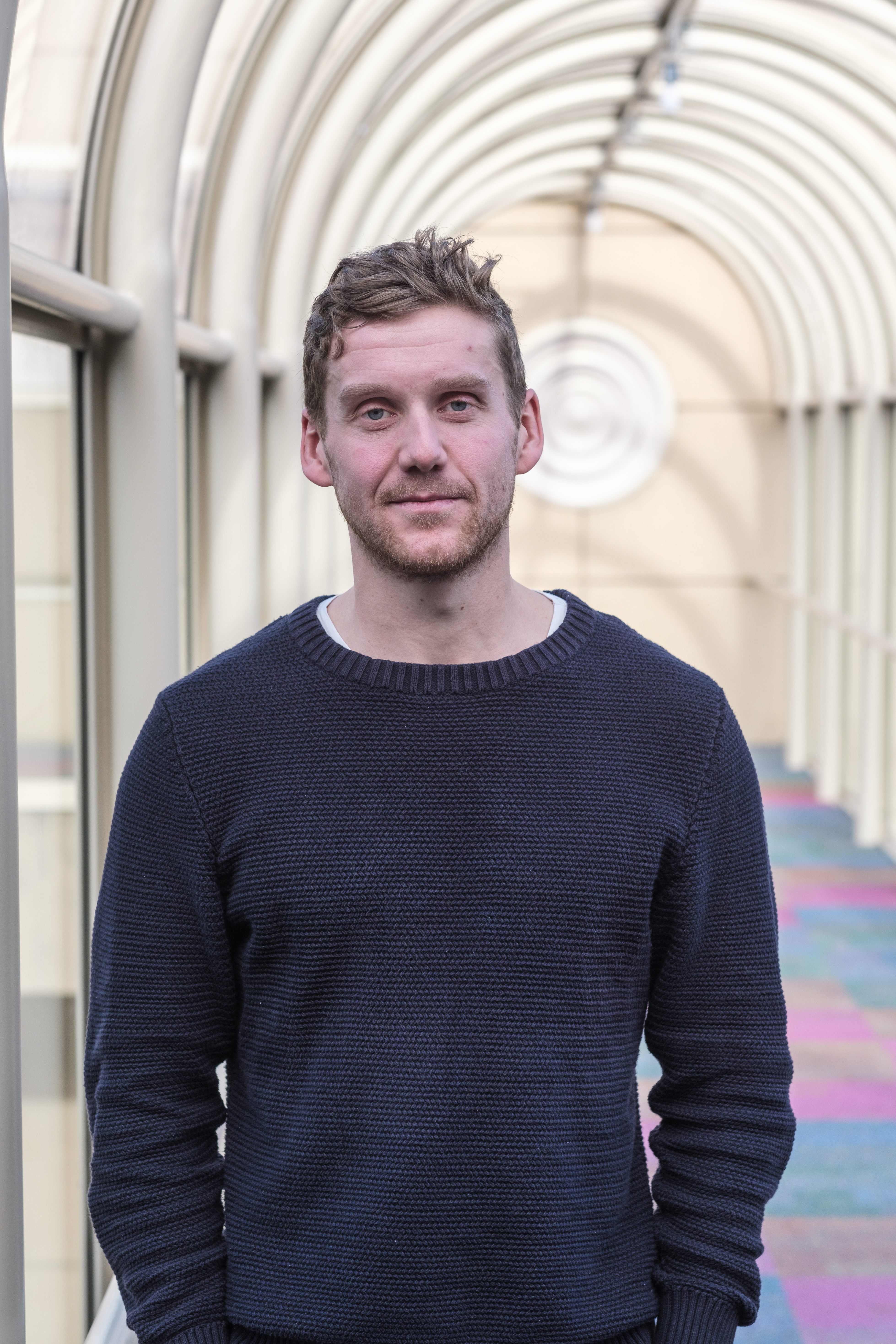
Dougie Squire
- Dougie Squire is a member of the Verification and Applications team within the Decadal Climate Forecasting Project at CSIRO. He is interested in understanding the processes that give rise to variability in climate systems, and in assessing these processes within the CAFE forecast system. Dougie received his PhD in Turbulent Fluid Dynamics from Melbourne University early in 2017 and subsequently carried out a postdoctoral fellowship at the same institution. He joined CSIRO in 2018.
- Primary Emaildougie.squire@csiro.au
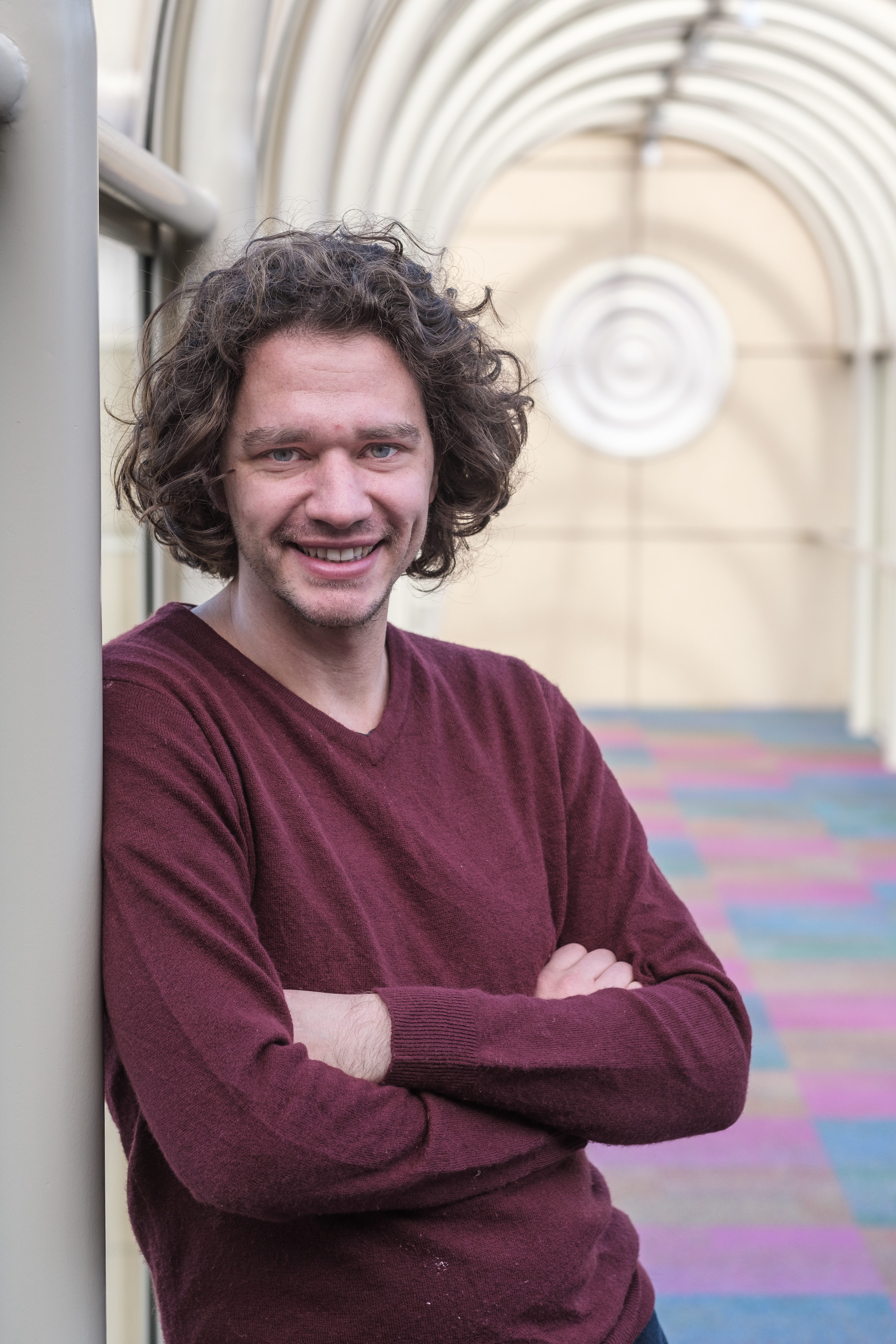
Chris Chapman
- Chris works as a research scientist within the Observations and Processes theme. He completed his PhD in 2014, studying geophysical fluid dynamics in a joint program between the Australian National University, CSIRO and Laboratoire d’Etudes en Geophysique et Oceanographie Spatiales (LEGOS), Toulouse. During his PhD, he used a variety of observations and simplified models to try to understand turbulence and variability in the ocean. After his PhD, he worked as a National Science Foundation postdoctoral fellow at the Sorbonne Universities in Paris, undertaking a variety of studies ranging from detailed physical investigations of the oceans broad scale circulation to using advanced machine learning algorithms for estimating the ocean state at depth from satellite observations, to observational studies of sea-ice/ocean interaction. Prior to undertaking his PhD, he worked for a small wind energy company developing numerical models of lower atmospheric turbulence and as a weather forecaster for the Australian Bureau of Meteorology. He joined CSIRO in late 2017.
- Primary Emailchris.chapman@csiro.au
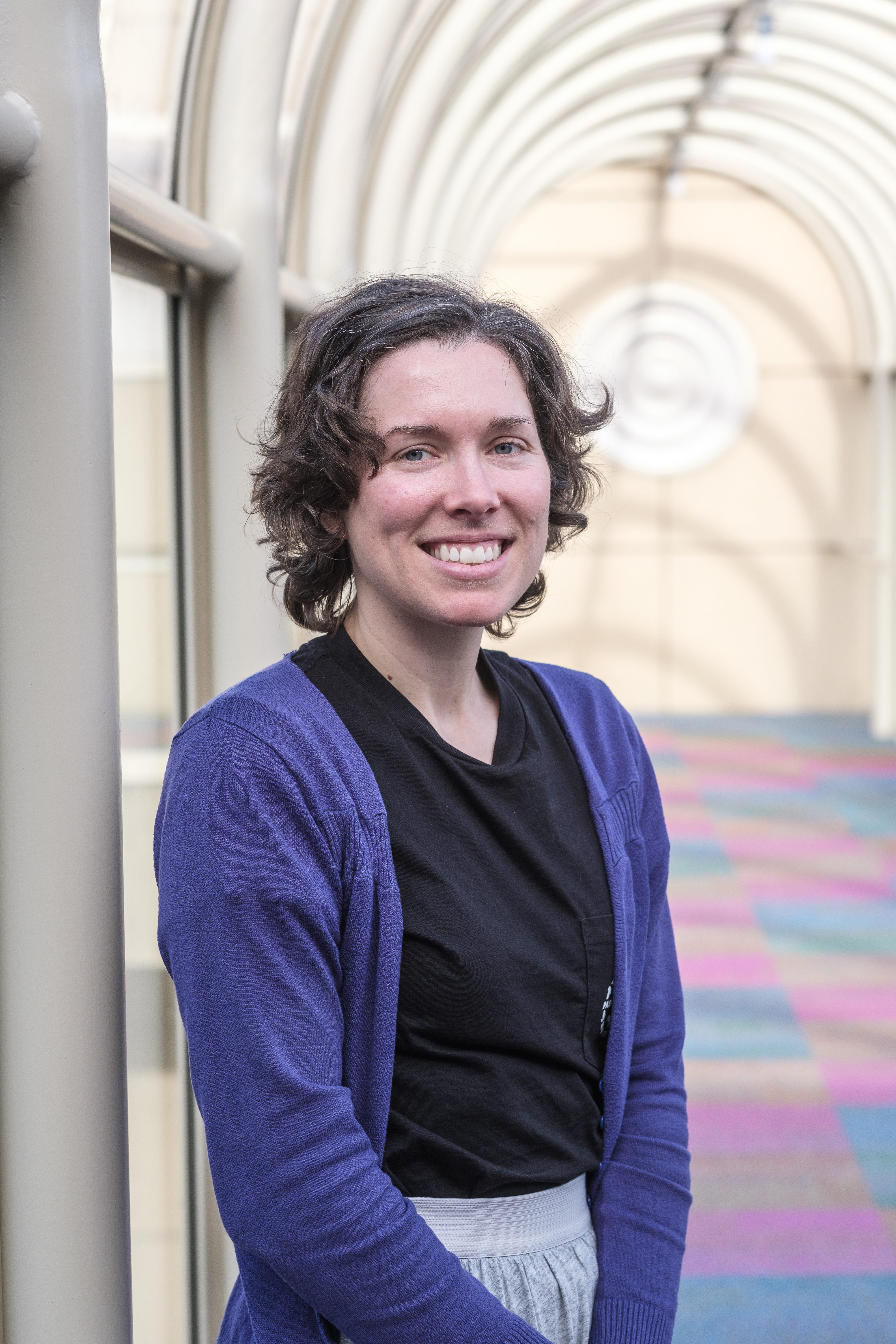
Carly Tozer
- Carly is a research scientist in the Decadal Climate Forecasting project, sitting within the Verification and Applications team. She has a PhD in Hydroclimatology from the University of Newcastle, NSW and a Bachelor’s degree in Civil & Environmental Engineering from the University of Adelaide, SA. Carly has a particular interest in identifying the atmospheric and oceanic processes influencing Australia’s weather and climate variability, and understanding their predictability for rainfall and streamflow forecasting on seasonal to multidecadal timescales. Additionally she is interested in the application of her research in the agriculture and water resources management sectors.
- Primary Emailcarly.tozer@csiro.au
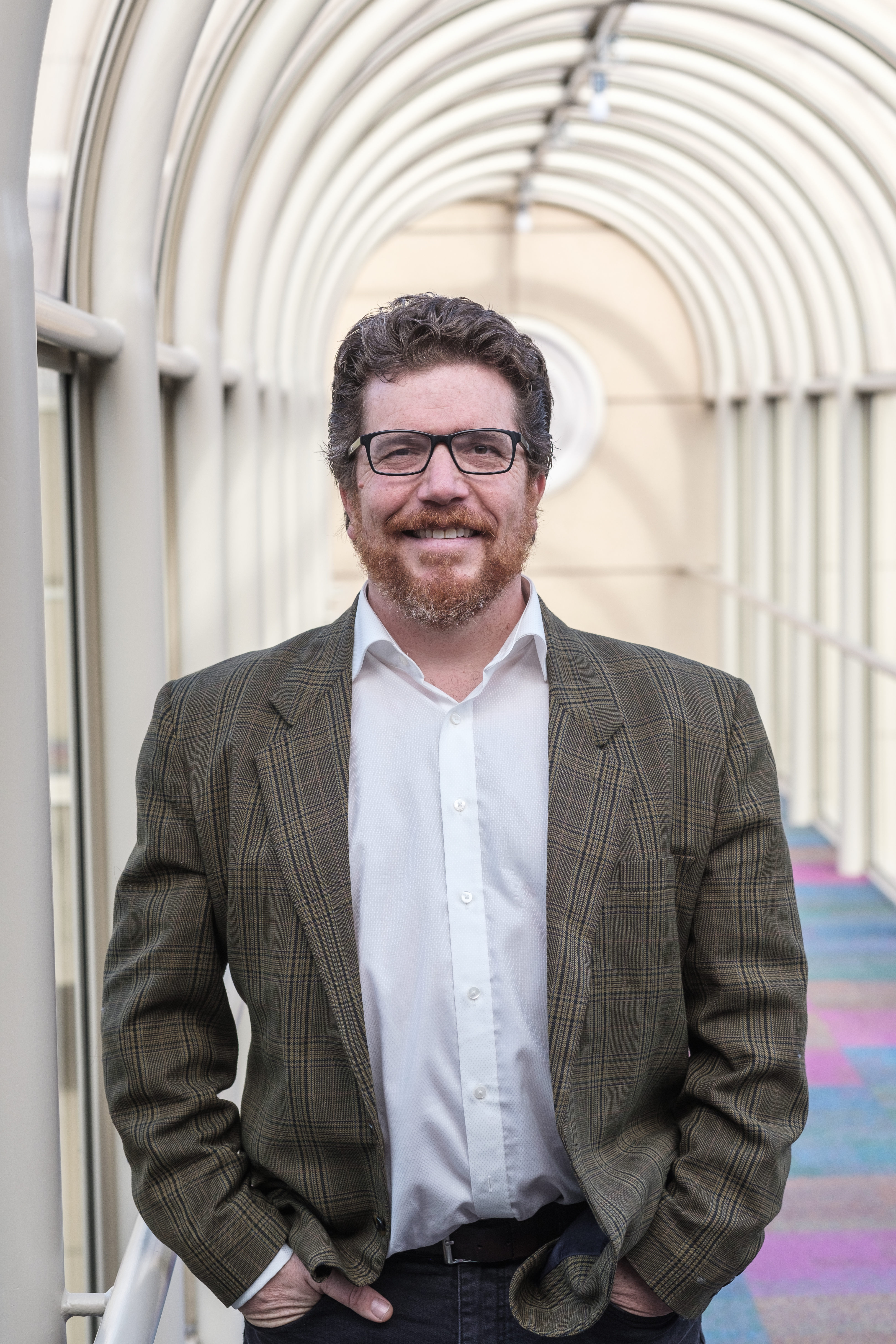
Thomas Moore
- Thomas is an ocean data analyst in the CSIRO Climate Science Centre. He received his PhD from the Institute of Antarctic and Southern Ocean Studies (University of Tasmania) with a focus on the coupling of physical and biological ocean processes. Thomas worked at the Scripps Institution of Oceanography’s Center for Coastal Studies and the Lamont-Doherty Earth Observatory before he completed a post-doc at CSIRO in ocean biogeochemistry. Thomas is grateful for a diverse career that has taken him from deploying ocean sensors on remote Indonesian reefs to communicating ocean science in the Arctic to scientific programing on Australia’s super computer.
- Primary Emailthomas.moore@csiro.au

Didier Monselesan
- Didier joined CSIRO Marine and Atmospheric Research in 2008 where he is participating in the Centre for Australian Weather and Climate Research sea level studies and forecasting efforts. Didier started his Australian career at the Australian Antarctic Division (AAD) in the Upper Atmosphere Physics group as an expeditioner wintering at Casey Station in 1993 and 1995. He pursued his interests in upper atmospheric physics at the lonospheric Prediction Services (IPS) Radio and Space services in Sydney. His focus gradually shifted down from the upper atmosphere to mesospheric and stratospheric studies when rejoining the Australian National Antarctic Research Expedition to work on the AAD LIDAR experiment at Davis Station from 2006 to 2008. On his return, he decided to take a plunge into the Ocean by joining the CSIRO Marine and Atmospheric Research laboratories in Hobart.
- Primary Emaildidier.monselesan@csiro.au

Russ Fiedler
- Russ is a scientific programmer at CSIRO Oceans & Atmosphere with an interest in large scale parallel computing. In particular he has expertise with the MOM ocean model, the CICE sea ice model and the OASIS flux coupler.
- Primary EmailRussell.Fiedler@csiro.au

Paul Sandery
- After working as a Research Scientist at the Australian Bureau of Meteorology from 2007 – 2018, Dr Paul Sandery joined the Climate Science Centre within CSIRO Oceans and Atmosphere. His background is in ocean modelling, data assimilation, sea-ice prediction, observation system experiments and improving forecast models through parameter estimation.
- Primary EmailPaul.Sandery@csiro.au
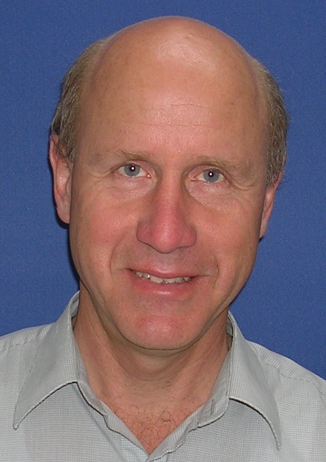
Ian Watterson
- Dr Ian Watterson is a senior principal research scientist at CSIRO Oceans and Atmosphere, located at Aspendale where he has worked since 1989. From a background in atmospheric dynamics, he has contributed to CSIRO climate modelling and climate impact programs over the years. He was one of the lead authors of the recent Australian projections, and also of the IPCC’s Climate Change 2007, he has written over 60 journal papers.
- Primary EmailIan.Watterson@csiro.au
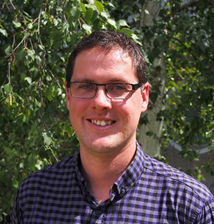
Andrew Schepen
- Andrew is a senior research scientist in CSIRO’s water forecasting team, leading research activities in the areas on seasonal climate and water forecasting. Andrew has a special interest in ensemble forecasting methods, and is developing new analytical methods to link dynamical climate models with decision support tools in water and agriculture. Prior to joining CSIRO in 2014, Andrew worked at the Bureau of Meteorology to deliver the Bureau’s national seasonal streamflow forecasting system and service.
- Primary Emailandrew.schepen@csiro.au
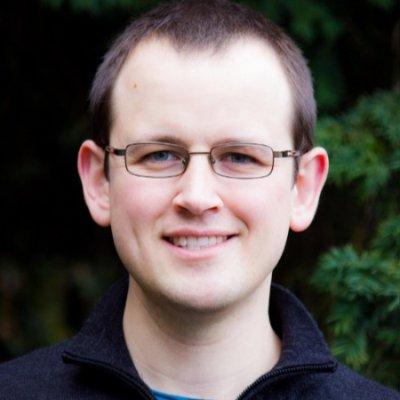
Ben Schroeter
- Ben is an Atmospheric Scientific Programmer at CSIRO Oceans and Atmosphere, working in Data Assimilation, Climate Modelling and Ensemble Team. Prior to joining CSIRO, Ben worked at the Bureau of Meteorology as a Support Scientist in Ensemble Prediction Systems. Ben attained his Masters of Information Technology at the University of Melbourne, where he specialised in High Performance Computing and Machine Learning; and is currently completing his PhD in Numerical Weather Prediction (NWP) for the high southern latitudes where he seeks to improve forecasts through an improved representation of Antarctic processes. Ben’s research interests include Antarctic NWP, High Performance Computing and Machine Learning.
- Primary Email Ben.Schroeter@csiro.au
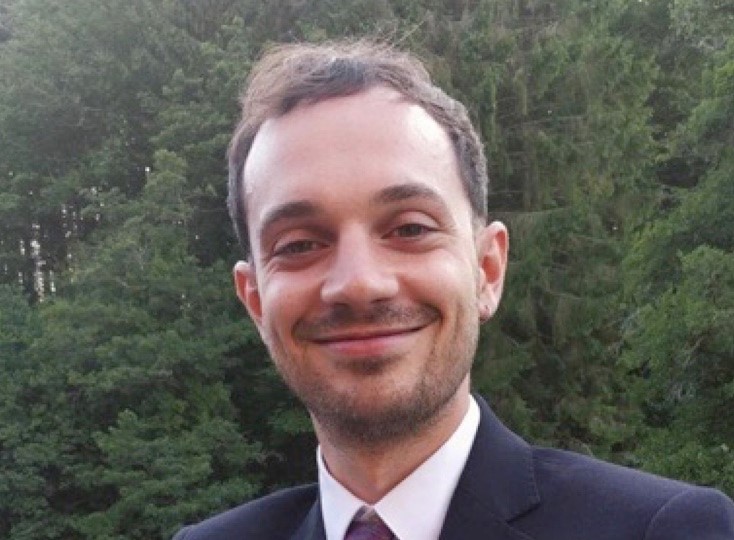
Doug Richardson
- Doug is a postdoc in the Atmospheric Dynamics and Applications team with the Decadal Climate Forecasting Project and Digiscape. He is primarily interested in the prediction of hydro-meteorological extremes and the associated physical processes on sub-seasonal to decadal time-scales. He is also engaged in the application of this research to relevant sectors such as water resources management and agriculture. He completed his PhD in drought prediction at Newcastle University, UK, in early 2019 and joined CSIRO shortly after.
- Primary Emaildoug.richardson@csiro.au

Courtney Quinn
- Courtney has two Bachelor of Arts Degrees (Mathematics and Music (violin performance)) both from the Rowan University in Glassboro, New Jersey. After teaching mathematics and music at both high school and elementary level for a year, Courtney moved to the UK to pursue postgraduate studies. In 2015 she completed an MSc in Atmosphere Ocean Dynamics at the University of Leeds, with her dissertation focused on the eyewall replacement cycle in tropical cyclones. Courtney undertook a PhD position at the University of Exeter through the support of the Marie Slodowska-Curie Innovative Training Network CRITICS: Critical Transitions in Complex Systems. The focus of her PhD thesis was on critical transitions and delay effects in climate models. she successfully defended her thesis in December 2018. Courtney’s research expertise is in the areas of dynamical systems, models with delay, critical transitions, geophysical fluid dynamics, and conceptual climate modelling.
- Primary Emailcourtney.quinn@csiro.au
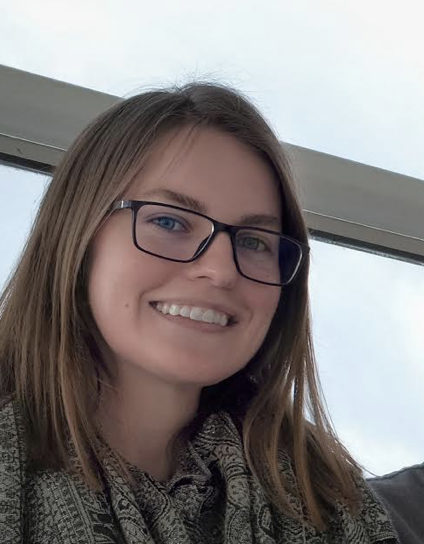
Amanda Black
- Amanda is a postdoctoral fellow specializing in ocean-atmosphere dynamics within the Decadal Climate Forecasting Project. She joined the project team shortly after receiving her PhD in Meteorology from Iowa State University. Amanda has interest in carrying out fundamental and innovative research to investigate using the CAFE forecast system and observations to explore and understand key dynamics of ocean-atmosphere coupling that result in climate predictability on multi-year time scales. She is also interested in applying her research to extreme precipitation events in Australia.
- Primary Emailamanda.black@csiro.au
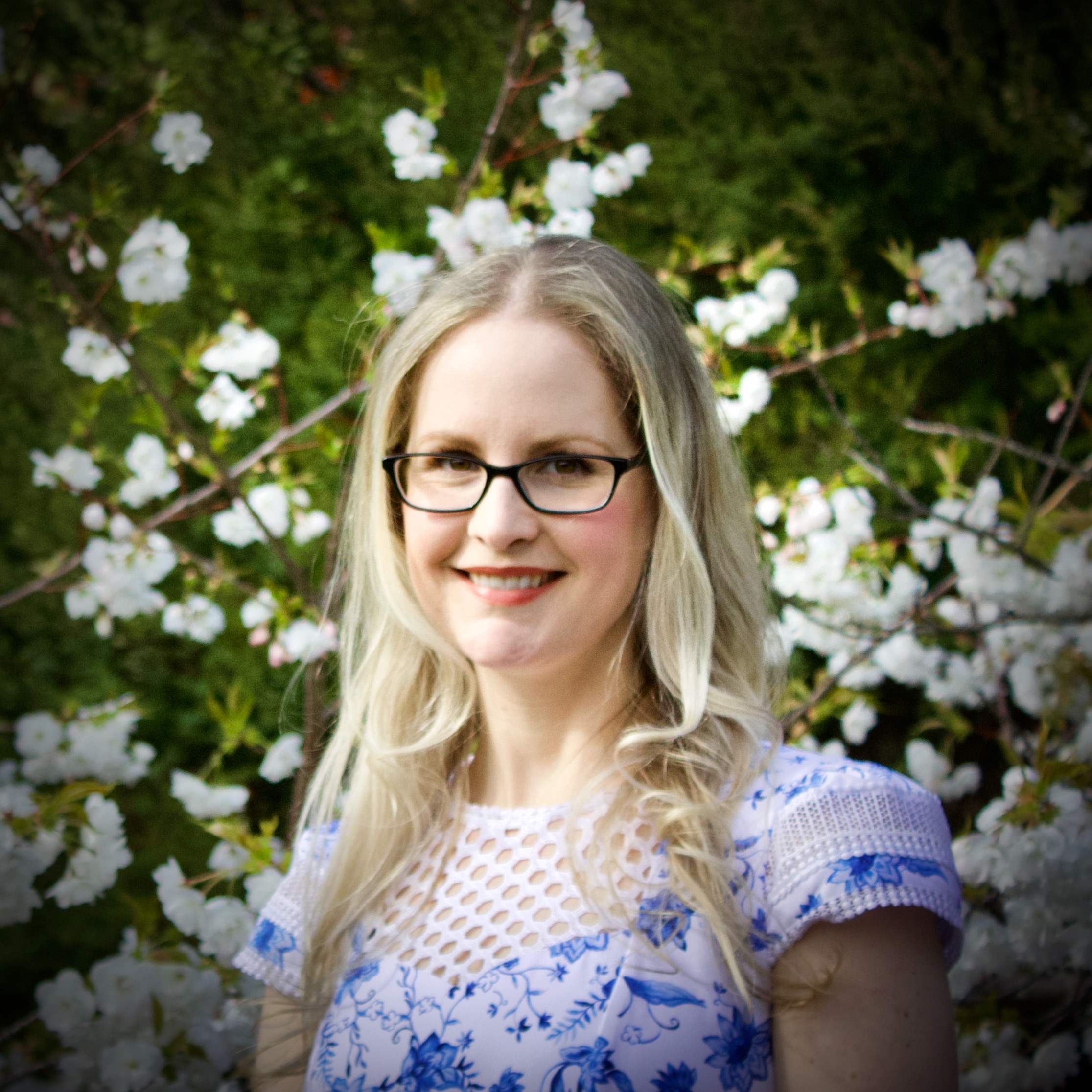
Serena Schroeter
- Serena is a postdoctoral fellow focusing on sea ice modelling for the Decadal Climate Forecasting Project. She completed her PhD in Quantitative Marine Science at the University of Tasmania’s Institute for Marine and Antarctic Studies, examining the disparity between observed Antarctic sea ice and its representation in global coupled climate models. Her role in the DCFP is working to improve the realism of simulated Antarctic sea ice, and exploring the potential predictability of sea ice on seasonal to multi-year timescales. Serena’s main interests are in ocean and sea ice modelling, sea ice trends, climate interactions, and global teleconnections. Email via https://people.csiro.au/s/s/serena-schroeter
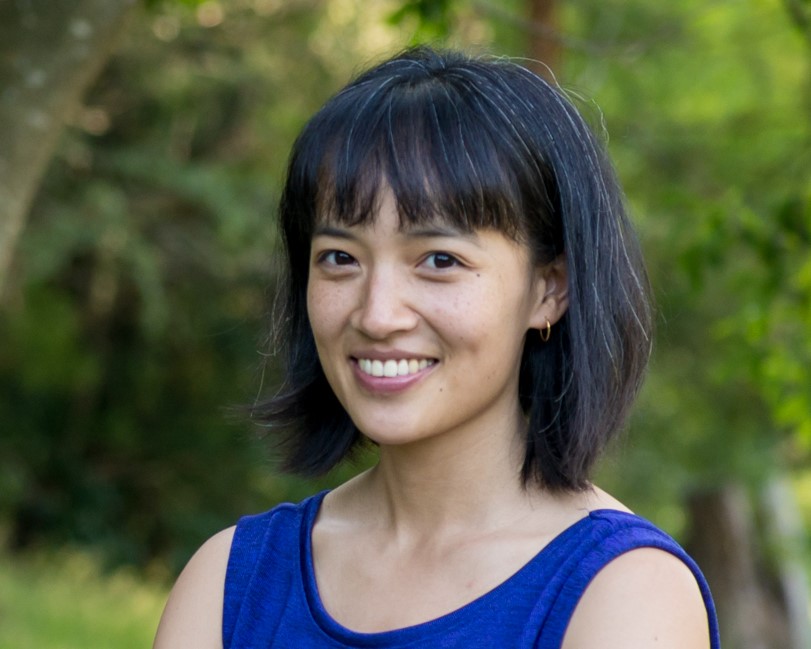
Dr Michelle Ho
- Michelle is a research scientist in the Atmospheric Dynamics and Applications team within the Decadal Climate Forecasting project. She completed her PhD in 2014 in paleo-hydroclimatology at the University of Newcastle and has a Bachelor of Civil Structural and Civil environmental Engineering from the University of Adelaide. Michelle was a postdoc and associate research scientist at Columbia University in the Columbia Water Centre where she worked on water resource assessments at a national scale from the perspective of water’s interactions with climate, food and energy production, ecosystems, urbanisation, and various scales of governance. She joined CSIRO in 2018 and the DCFP in mid-2019. Her research interests are in using computational and statistical models to analyse and explore the complexity of water systems to understand and address ongoing and future water resource challenges.
- Primary Emailmichelle.ho@csiro.au
Collaborators
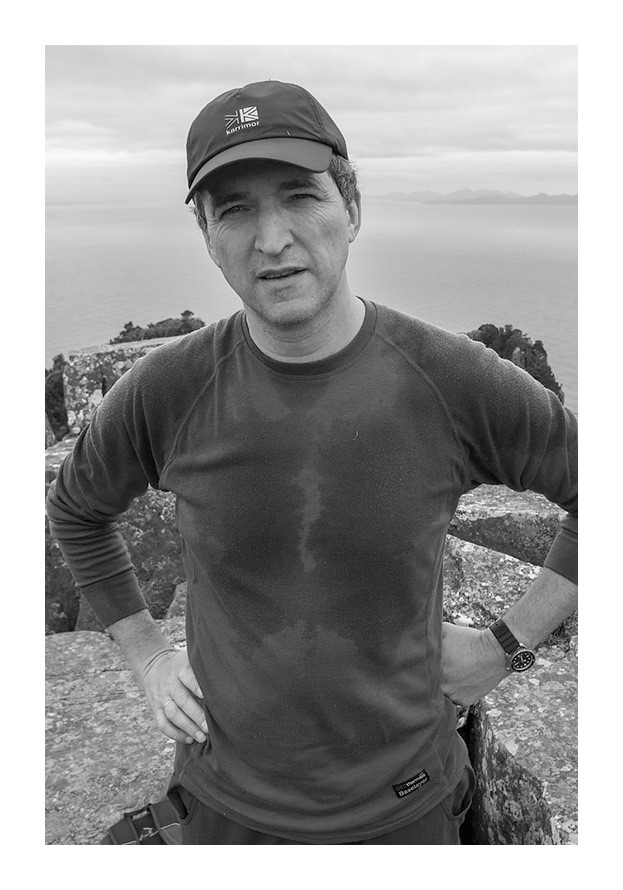
Pavel Sakov, Bureau of Meteorology
- Pavel Sakov is a research scientist working with the Bureau of Meteorology on Ocean Forecasting. Pavel is a data assimilation specialist and has been involved in ensemble Kalman filtering since 2003. He is the author of the EnKF-C code used for coupled data assimilation in the CAFE system.
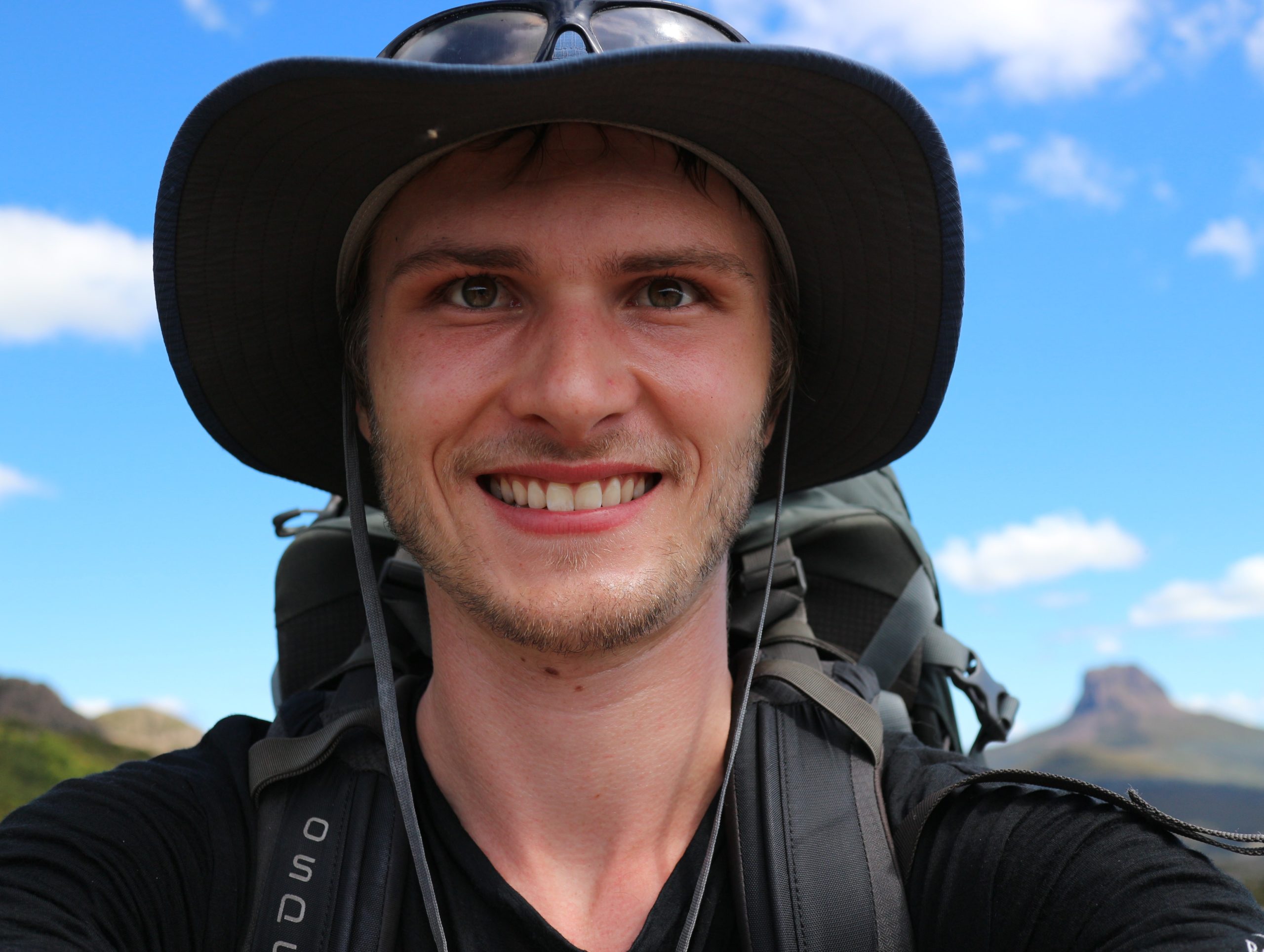
Nic Pittman
- Nic Pittman is a PhD candidate at the University of Tasmania, studying the abundance and variability of phytoplankton in the equatorial Pacific Ocean. He is interested in satellite chlorophyll algorithms, new production and outgassing of Carbon Dioxide to the atmosphere, and how natural variability such as El Nino-Southern Oscillation influences biogeochemistry. His current work with the Decadal Climate Forecasting team is to validate how well the CAFE system represents the biology and chemistry in the Pacific Ocean. He is also interested in understanding how upwelling of carbon and nutrients influences outgassing of carbon dioxide, and the role of primary production in carbon sequestration, something that is impossible with current observational datasets.
Support Staff

Chris Gerbing, Communications Manager
- Mr Gerbing is a science communicator responsible for managing communications, marketing and public relations at CSIRO’s Oceans and Atmosphere. He has been at CSIRO for six years, before which he worked for the Victorian state government supporting agricultural industries and service providers to integrate climate change into their planning and service delivery. Mr Gerbing graduated with a Masters in Arts (Media and Communications) from Swinburne University and a Bachelor Degree in Arts (film) / Science (climate) with Honours. Email via https://people.csiro.au/G/C/Chris-Gerbing
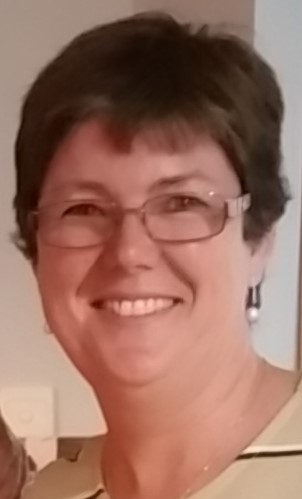
Brenda Tuckwood, Finance
